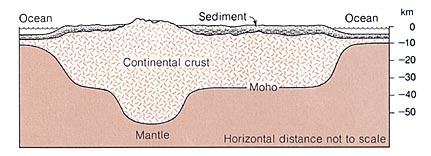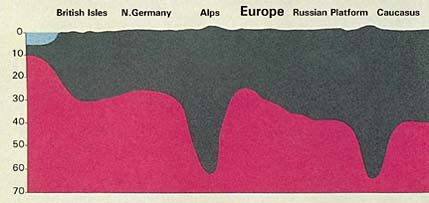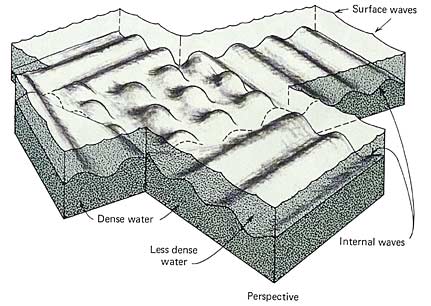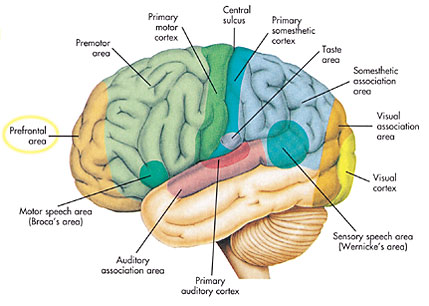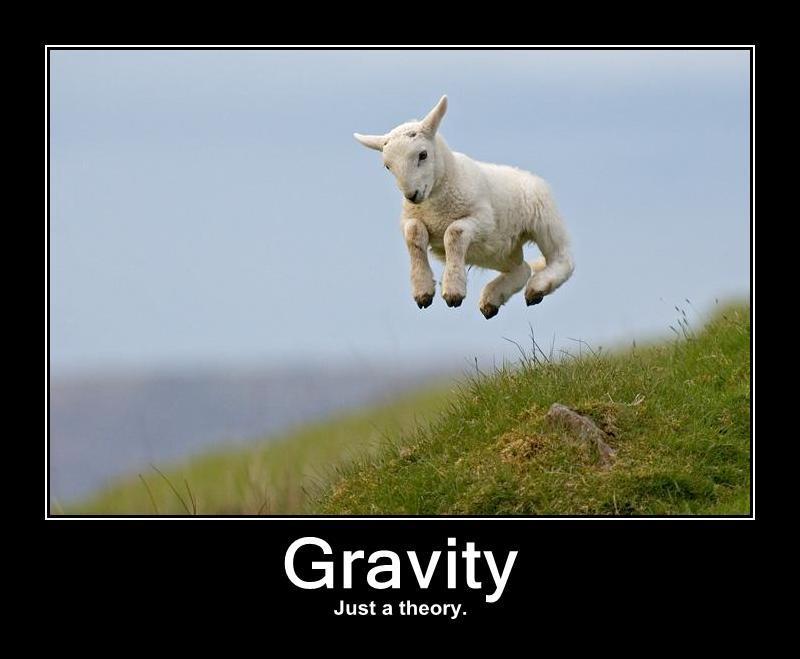Svar till Loparn [Gå till post]:
jag har här länkat till många vetenskapliga artiklar som beskriver evolution. Läs dem, ta till dig av dem och berätta för mig hur förändringarna i just dessa exempel skett utan evolution.
jag har här länkat till många vetenskapliga artiklar som beskriver evolution. Läs dem, ta till dig av dem och berätta för mig hur förändringarna i just dessa exempel skett utan evolution.
nu måste jag piska folk på bakteriell nivå också :P
E. coli bacterium

No living thing has ever undergone evolution through the mechanisms of natural selection and mutation. Yet evolutionist biologists sometimes maintain that we cannot observe the evolutionary effect of the mechanisms of natural selection and mutation because these mechanisms work over very lengthy periods of time.
This is no more than a distraction with no scientific foundation, because has never been observed in such organisms as fruit flies or bacteria, whose very short life spans make it possible for scientists to study them through thousands of generations.
Pierre Paul Grass8E comments on the stasis that makes bacterial evolution impossible:
Bacteria . . . are the organisms which, because of their huge numbers, produce the most mutants. acteria . . . exhibit a great fidelity to their species. The bacillus Escherichia coli, whose mutants have been studied very carefully, is the best example. The reader will agree that it is surprising, to say the least, to want to prove evolution and to discover its mechanisms and then to choose as a material for this study a being which practically stabilized a billion years ago!
What is the use of their unceasing mutations, if they do not [produce evolutionary] change? In sum, the mutations of bacteria and viruses are merely hereditary fluctuations around a median position; a swing to the right, a swing to the left, but no final evolutionary effect. Cockroaches, which are one of the most venerable living insect groups, have remained more or less unchanged since the Permian, yet they have undergone as many mutations as Drosophila, a Tertiary insect.135
In short, it is impossible for living things to have undergone evolution, because there is no evolutionary mechanism in nature. Indeed, when we look at the fossil record, we see no evolutionary process at all, but rather a picture that represents the exact opposite of evolution

E. coli bacterium
[b]Eldredge, Niles
The well-known evolutionist paleontologist Niles Eldredge is one of the most prominent adherents of the neo-Darwinist model known as punctuated equilibrium—in other words, the punctuated model of evolution, first put forward in the 1970s. (See Punctuated equilibrium.) According to this theory, evolution takes place not gradually, through small changes, but through very large and sudden ones.
The reason behind such a scenario (which actually contradicts the most basic claim of evolution) is that living species appear suddenly in the layers of the Earth in the same perfect forms they possess today.
For that reason, Eldredge—who shares the same views—claimed that evolution happened by way of large sudden changes, a claim that was entirely the product of the imagination.
Actually, this theory was a different version of the “Hopeful Monster” theory proposed by the German paleontologist Otto Schindewolf back in the 1930s. According to that theory, the first bird emerged from a reptile egg through an enormous change caused by a random mutation. Certain land-dwelling animals might also have turned into giant whales through a similarly sudden and wide-ranging change. But this theory was swiftly abandoned.
In order to impart a scientific character to their theory, Eldredge and Gould sought to develop a mechanism for these sudden evolutionary leaps. But the inconsistencies in this claim soon gave its authors reason for concern. Niles Eldredge stated, by way of a question, that the idea of living things progressing through evolution was logically flawed: Do plant and animal species really improve and develop into the more complex? If so, then should we consider the simple and unchanged life forms, such as the sponge, as evolutionary failures? He then added that the evolutionary motto “Progress is inevitable” should be replaced with “Why apes succeeded.” 136
135 Pierre-Paul Grass8E, Evolution of Living Organisms, New York: Academic Press, , 1977, p. 87.
136 Niles Eldredge, “Is Evolution Progress?” Science Digest, September 1983, pp. 40, 160

